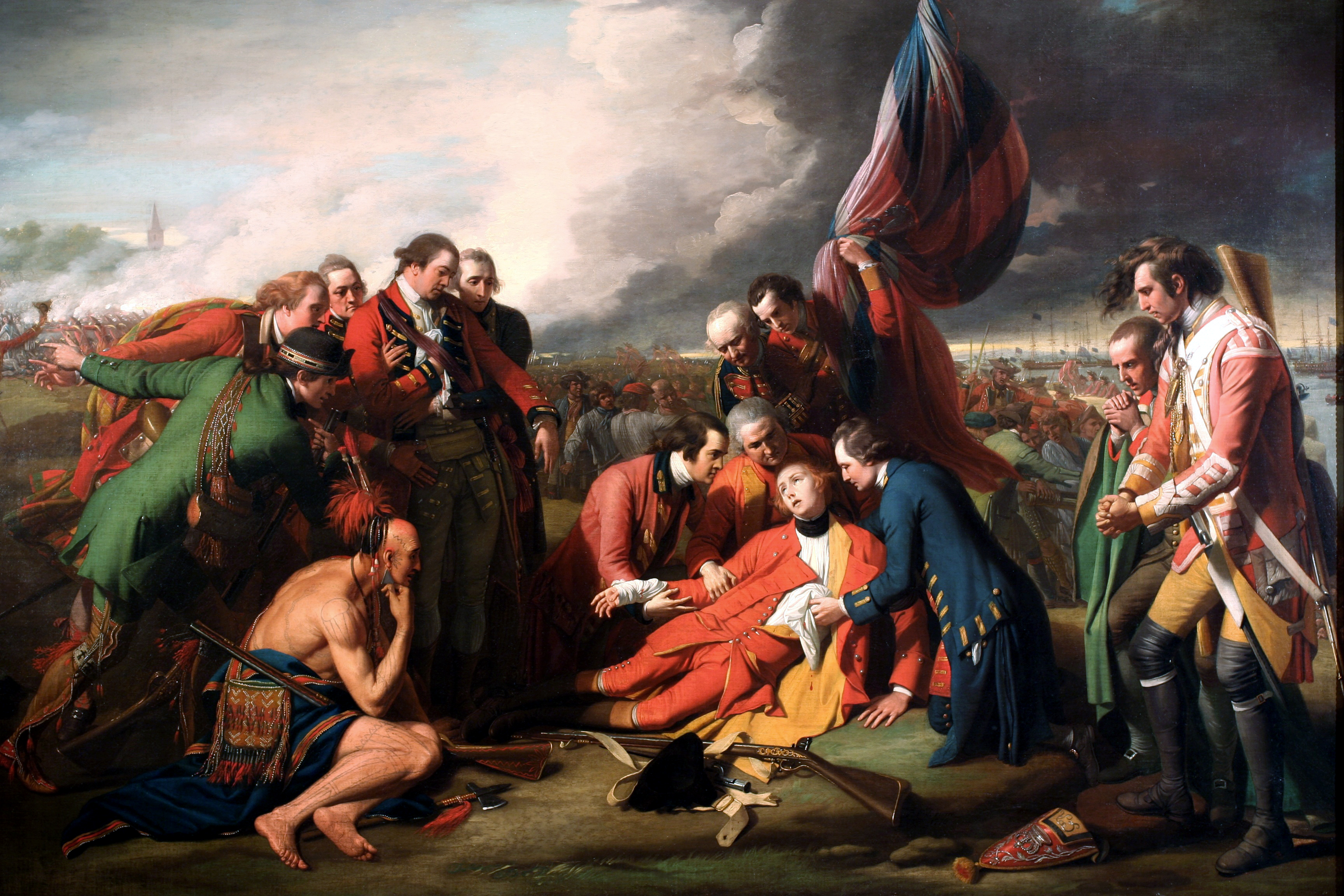A mere slip of a book for you today. It's a collection of 'easy' reading material from 1925 which, according to the editors, could be used after just one year of English lessons. All texts are taken from other volumes of reading material and centre around the 'typical' daily life of English children; how they play, what they do at school (especially the sports they play), and the stories they read.
The foreword explains the necessity of teaching with texts that introduce learners to the characteristics and culture of foreign peoples, not only to the language. The second book in the series is (was to be?) "England and the English".
Here are a few scans, a list of texts used, and my favourite text: "A Jolly Cricket Match".
Collection English Life, Part I: Little Folks in England
A. Schwieker & Dr. F. Schwieker
Otto Meissners Verlag, Hamburg
A. Schwieker & Dr. F. Schwieker
Otto Meissners Verlag, Hamburg





The following text is the only one in the collection which isn't credited. The text after it is from Tom Brown's School Days but I'm reasonably sure that this one isn't.
9. A Jolly Cricket Match
1. "I am sure you must be very stiff, Frank, after your hard work yesterday," said Mrs. Langham, when the family met in the breakfast-room on the Saturday morning following a grand cricket match; "yet I am very pleased indeed to see that you have made the effort to be down in good time for breakfast this morning."
2. "Now, Frank, tell us all about the match yesterday," said Bella, when they were all seated at table.
"There's not much to tell," said Frank. "our side won, as you know, and they played very fairly on the other."
"Our side smashed the other fellows all to bits," exclaimed Jack, "and old Frank scored the greatest number of runs on either side; I heard several say he was the best batsman by far on the field."
"You shut up, old fellow," replied his brother; "That's all stuff; there was plenty of good batting on the other side; it was a jolly match altogether."
3. "I do wish I could play in a real match," said Ben.
"You play!" said Frank, "Why such a bit of a chap as you would be mistaken for one of the wickets and get continually bowled down. how would you like that?"
"Never mind, Ben," said his mother, "go on growing, and some day you will be really the 'Big Ben' you are now called in fun, and then you will play with as much spirit as any boy."

The sources (exactly as they appear under each text):
Longman's British Empire Readers (Game of Leap-frog, Playing at Horses, Little John Going to the War, Jack and Jill)
Mc.Dougall's Suggestive Lessons in English, Book I (An Unlucky Drive, A Children's Party
Mc.Dougall's Suggestive Lessons in English, Book VI (A Letter telling about a Pet Canary)
Collins' Second Story Primer (A Tug of War, Roy and Toby at the Sea-side)
Waddy, The English Echo (On the Heath)
Thomas Hughes, Tom Brown's Schooldays (Football, A Jolly Cricket Match[?], At Rugby School)
Mrs Hawtrey (The Holiday)
A Day on the Sands - Nelson's Picture Readers (The Little Sailors, Oh, What Fun!, Crabs for Tea, Sand Castles)
Little Dots (Willie's Fishing)
Daily Chronicle, July 1924 (The Pierrots appeared, Afloat on the Rolling Deep, Man Overboard)
The Child's Companion (The Schoolboys are snow-balling)
Standard American Series. Third Reader (A Brave Boy)
Baret, The First English Lessons (Santa Claus)
E.M. Towle (School Life)
Oliver and Boyd's Excelsior Readers, Book I (The Flower Castle, A Flower Story: St.Leonard and the Dragon)
Chamber's Stepping-Stones to Literature, Book I: Stories from Near and Far (The Story of Catskin, Lazy Jack, How Maize Came)



